 Among the current crowded field of Democratic hopefuls for the 2020 presidential race, at least a handful have progressive positions on cannabis. Among these, the most outspoken on the question has probably been Hawaii's Tulsi Gabbard—who, unfortunately, has deeply problematic stances on some other very critical issues.
Among the current crowded field of Democratic hopefuls for the 2020 presidential race, at least a handful have progressive positions on cannabis. Among these, the most outspoken on the question has probably been Hawaii's Tulsi Gabbard—who, unfortunately, has deeply problematic stances on some other very critical issues.

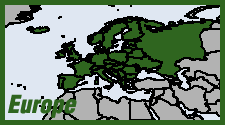 Two bills to legalize "recreational" cannabis have been introduced in Portugal—a country that already has a thriving medical marijuana industry, and a "depenalization" policy for personal possession that has been hailed as a success by reform advocates across the world.
Two bills to legalize "recreational" cannabis have been introduced in Portugal—a country that already has a thriving medical marijuana industry, and a "depenalization" policy for personal possession that has been hailed as a success by reform advocates across the world.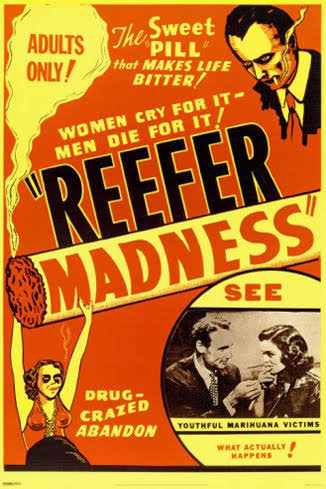 In what is starting to smell like an anti-cannabis media campaign, headlines erupt this week on the possible deleterious effects of cannabis on the developing brains of young teens. Again, the accounts are one-sided—and the political assumptions behind them flawed.
In what is starting to smell like an anti-cannabis media campaign, headlines erupt this week on the possible deleterious effects of cannabis on the developing brains of young teens. Again, the accounts are one-sided—and the political assumptions behind them flawed.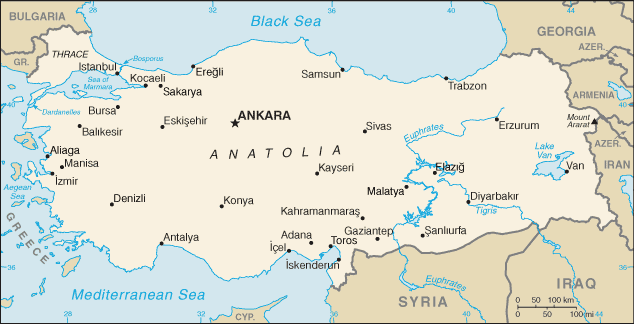 In a strange paradox, Turkey's increasingly authoritarian President Erdogan has announced that he wants to expand legal cannabis cultivation in the country. His speech unveiling the proposal even portrayed the plant's prohibition as imposed by Western powers to undermine Turkish agriculture—appealing to his traditional Islamist base, with otherwise conservative instincts.
In a strange paradox, Turkey's increasingly authoritarian President Erdogan has announced that he wants to expand legal cannabis cultivation in the country. His speech unveiling the proposal even portrayed the plant's prohibition as imposed by Western powers to undermine Turkish agriculture—appealing to his traditional Islamist base, with otherwise conservative instincts. A House bill to legalize cannabis, removing it from the Controlled Substances Act and treating it like alcohol, is wryly dubbed HR 420. It isn't the first such bill in Congress—but with the recent change in House leadership, this time it may actually stand a chance of passing.
A House bill to legalize cannabis, removing it from the Controlled Substances Act and treating it like alcohol, is wryly dubbed HR 420. It isn't the first such bill in Congress—but with the recent change in House leadership, this time it may actually stand a chance of passing.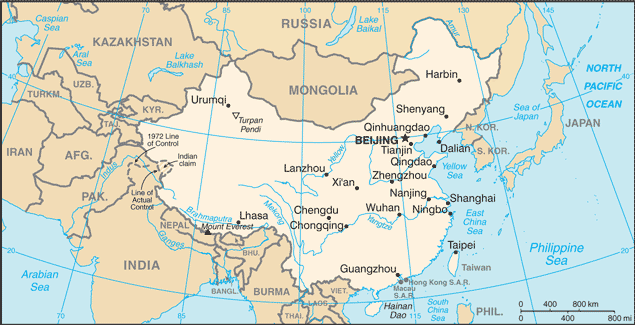 A Chinese delegation to Israel to explore cooperation in the cannabis sector points to the East Asian giant's growing footprint in the global industry. But in a continued contradiction, the People's Republic has possibly the harshest drug laws on Earth—and, where unsanctioned use by the commoners is concerned, cannabis is no exception.
A Chinese delegation to Israel to explore cooperation in the cannabis sector points to the East Asian giant's growing footprint in the global industry. But in a continued contradiction, the People's Republic has possibly the harshest drug laws on Earth—and, where unsanctioned use by the commoners is concerned, cannabis is no exception. In a win both for cannabis freedom and racial justice, Vermont's top court ruled in favor of a motorist whose car was searched on the ostensible basis that a state trooper smelled pot—and the probable basis that he is African American.
In a win both for cannabis freedom and racial justice, Vermont's top court ruled in favor of a motorist whose car was searched on the ostensible basis that a state trooper smelled pot—and the probable basis that he is African American.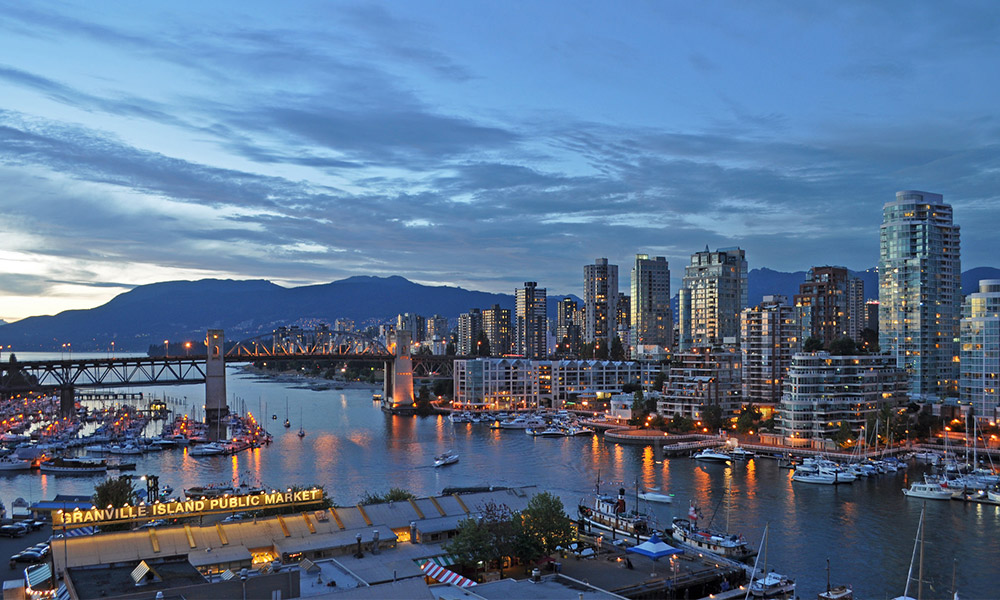 In a strange irony, Vancouver is shutting down its long-tolerated but unlicensed cannabis dispensaries, pursuant to a British Columbia high court decision upholding its right to do so—even as the province struggles to meet demand amid a dearth of licensed retail outlets.
In a strange irony, Vancouver is shutting down its long-tolerated but unlicensed cannabis dispensaries, pursuant to a British Columbia high court decision upholding its right to do so—even as the province struggles to meet demand amid a dearth of licensed retail outlets.





Recent comments
5 days 12 hours ago
5 days 19 hours ago
3 weeks 6 days ago
4 weeks 5 days ago
8 weeks 6 days ago
12 weeks 4 days ago
16 weeks 4 days ago
17 weeks 3 days ago
27 weeks 3 days ago
31 weeks 3 days ago